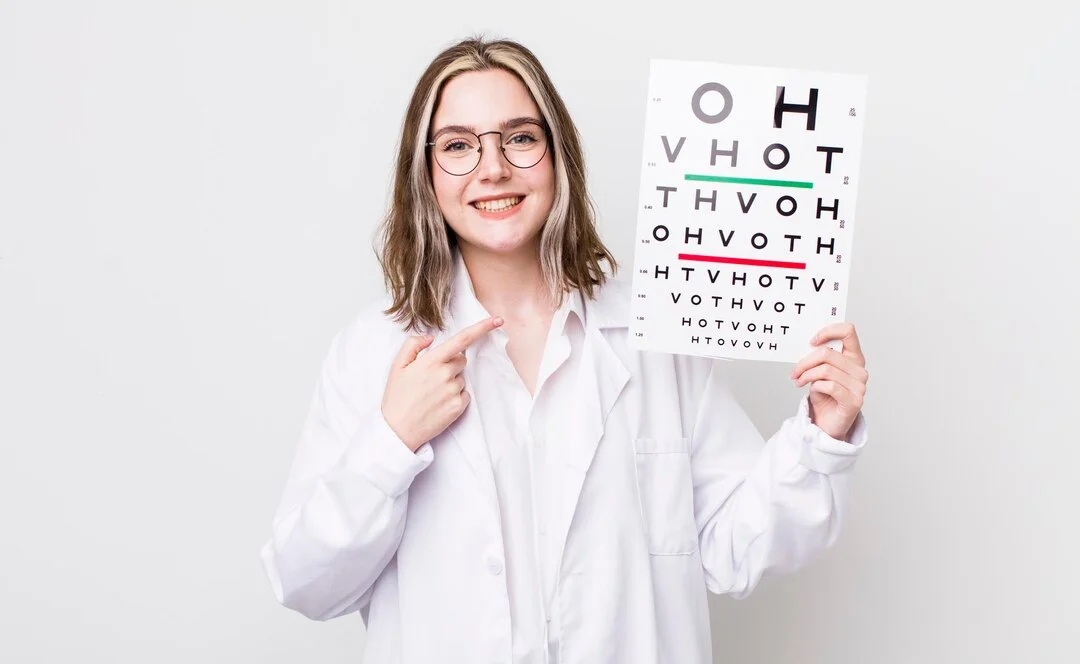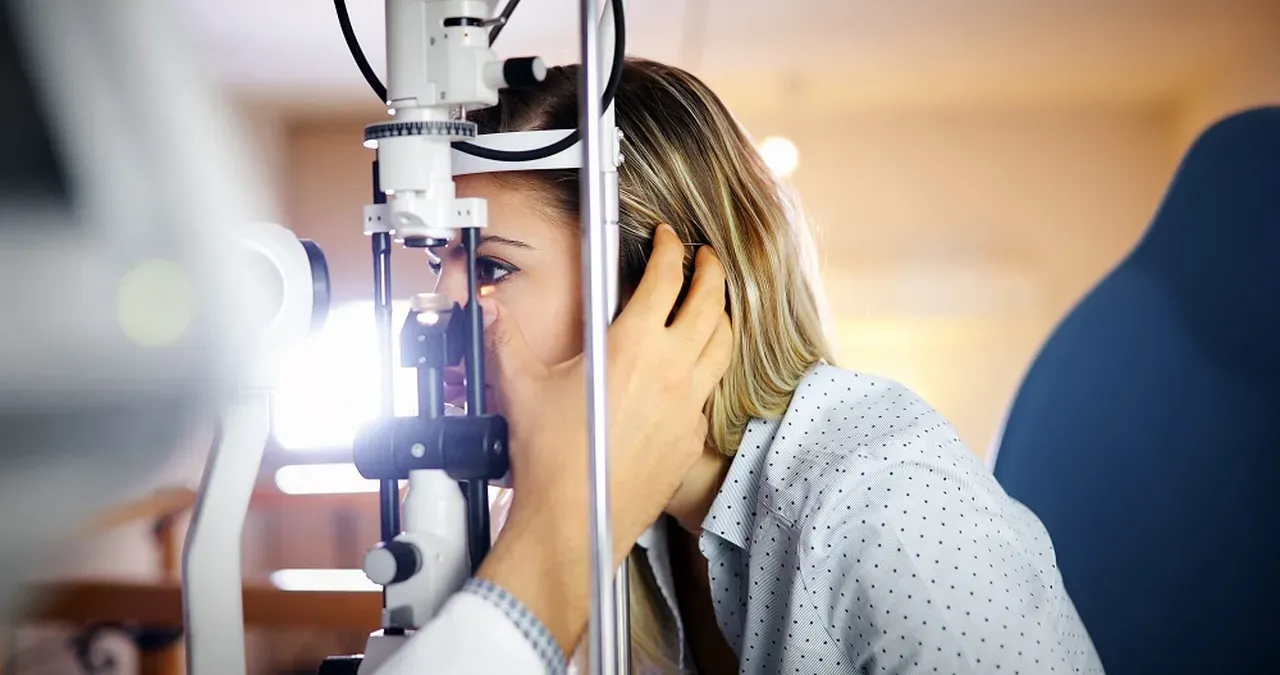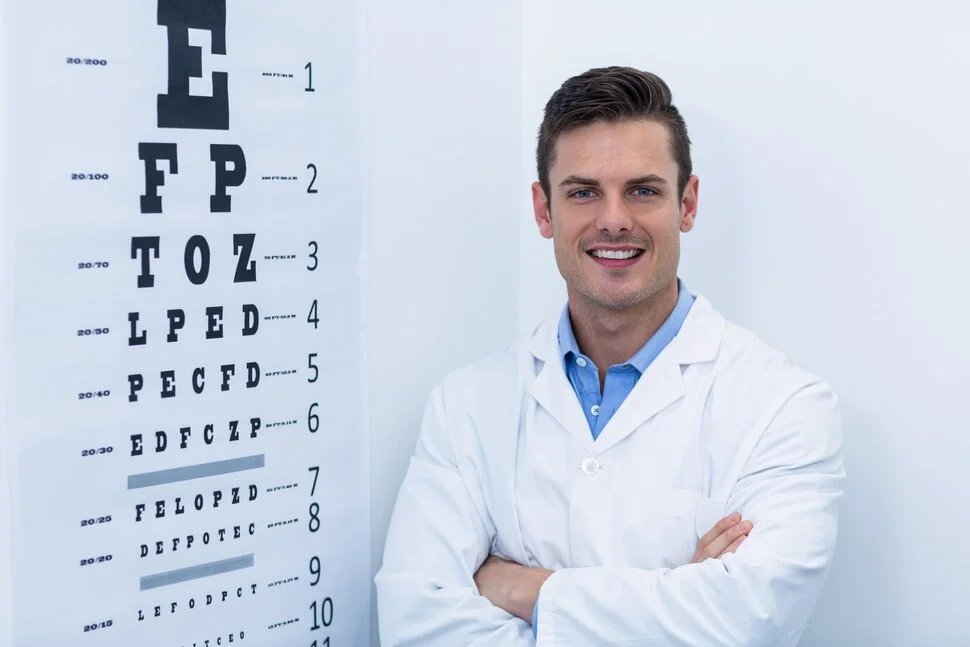Your eyes work hard every day, from focusing on screens to adjusting to sunlight, yet they’re often the most neglected part of health care. Vision Awareness Month serves as an annual reminder to prioritize your eyesight and recognize the importance of early detection.
Regular visual eye tests can help identify problems long before symptoms appear. Whether it’s a minor prescription update or early signs of diseases like glaucoma or macular degeneration, routine exams are your best defense against long-term vision loss.
At Elite Eye Care, we encourage everyone to use Vision Awareness Month as an opportunity to schedule a comprehensive eye exam and protect their sight for years to come.

The Importance of Vision Awareness Month
Most people think that if they can see fine, their eyes are healthy. This is just not true. Many eye conditions develop silently and go unnoticed. Vision Awareness Month is about prevention and education, so people understand that routine visual eye exams are as important as regular dental or medical check ups.
According to the CDC, 12 million Americans 40 years and older are experiencing some type of vision impairment. A high percentage of these could have been avoided with early diagnosis and eye check ups on time.
Understanding Visual Eye Testing
Visual eye testing is more than reading letters on a chart. It is more specifically checking the overall health of the eyes, the detection of refractive error, and an opportunity to identify early warning signs of serious diseases.
A comprehensive eye examination carried out by an optometrist looks at:
Visual clarity and refraction: Determine if you need glasses or contact lenses
Eye pressure: Screening test for glaucoma which is a leading cause of preventable blindness
Retinal and corneal health: Screening for macular degeneration or at risk of cataracts or diabetic retinopathy
Eye co-ordination: Helps to find if the eyes are working properly together for clear single vision
Even if you think your eyesight is fine, visual eye tests can identify problems especially if there are issues with long term health conditions such as diabetes or hypertension.
The Power of Early Detection
Early detection is the cornerstone of preserving eyesight. Many eye diseases progress slowly, without pain or visible symptoms. A routine eye check up can catch these problems before they cause permanent damage.
For instance:
- Glaucoma often causes no symptoms until vision loss is advanced.
- Cataracts gradually blur vision but can be easily treated when caught early.
- Macular degeneration affects central vision, but early intervention can slow progression.
By scheduling regular comprehensive eye exams, patients can stay ahead of these conditions and ensure clear, healthy vision.

How Often Should You Have a Vision Exam?
The frequency of visual eye tests depends on your age, medical history, and risk factors.
- Children: Every 1 to 2 years to monitor development.
- Adults under 40: Every 2 years, or sooner if symptoms arise.
- Adults over 40: Annual exams to monitor age-related vision changes.
- Seniors (60+): Every year, since conditions like glaucoma and cataracts are more common.
Your optometrist can recommend a customized schedule based on your individual needs.

Eye exam vs. routine eye check up
Many individuals with poor vision may misinterpret a routine eye check up for a comprehensive eye exam, but the two evaluations are not the same.
Routine eye check up tends to be more focused on determining if a new prescription might be required, and whether the patient's eyes feel comfortable.
A comprehensive eye exam is a thorough medical exam that assesses all the eye structures, internal pressure, and overall ocular health. A comprehensive eye exam is the best evaluation in detecting diseases at early stages, and often before it could affect one's daily living.
Both are part of your assessments, but a comprehensive eye exam gives a much better picture of your visual system and your overall health.

Advice for Preserving Your Vision All Year Long
Although Vision Awareness Month promotes awareness of your eye health, taking care of your eyes should be an annual practice. Here are a few things you can be practicing to keep your vision healthy and also lower your risk factors:
Choose sunglasses that provide UV protection to avoid irreversible damage to your eyes over time.
Adopt the 20-20-20 rule to practice healthy screen habits: Every 20 minutes, look 20 feet away for 20 seconds.
Increase your intake of foods that support eye health, like leafy greens, carrots and fish rich in omega-3 fatty acids.
Avoid smoking or you will further increase the chances of developing age-related eye disease.
Attend routine appointments with your primary endocrinologist or an eye specialist to assess and monitor for visual impairment and diseases that show up in the eye like diabetes or hypertension.
Furthermore, with good lifestyle habits and follow-through when it comes to visual eye exams can only go so far to help you maintain your eyesight.
To Summarize
Now that you are a bit more informed on Vision Awareness Month, take that next step in securing your eye health by taking your eyes to a specialist with optical performance or visual eye tests for yearly follow up. Because visual eye tests and comprehensive eye examinations not only treat your vision but also offer protection against eye surgery once our vision begins to decline.
At Elite Eye Care, we offer advanced diagnostic modalities, personalized care and treatment solutions for patients of all ages. Don’t wait until symptoms occur, contact us today for your next eye examination if you want to preserve the quality of your eyesight tomorrow.
Frequently Asked Questions About Visual Eye Tests
1. How long will a visual eye test take?
A standard visual test takes between a half hour to 45 minutes, depending on if you need an updated prescription, or any further imaging is needed.
2. Are comprehensive eye exams required every year?
Yes. Annual comprehensive eye exams are recommended for adults aged 40 and older, or anyone with a family history of eye disease.
3. Are eye problems discovered most of the time early?
Most definitely. Many eye diseases such as glaucoma and diabetic retinopathy, have subtle signs in the early stages, that a routine eye check up can find.
4. What is Vision Awareness Month meant to accomplish?
Vision Awareness Month intends to educate about eye-health, encourage visual eye test, and reduce increases in avoidable vision loss.
